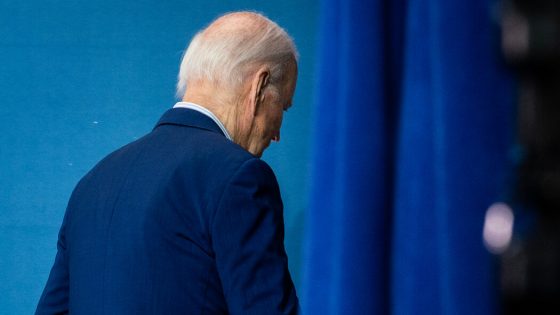Wednesday was a dramatic day in sports broadcasting—the NBA announced that Warner Brothers Discovery “did not match the terms” of Amazon’s offer to broadcast games from 2025-26 through 20235-36 while, conversely, WBD announced it had “matched the Amazon offer.”
Both statements can’t be right. It might take a judge to referee.
More from Sportico.com
Or maybe not.
As Sportico’s media expert Anthony Crupi detailed, the NBA has officially recognized Amazon Prime Video, Disney’s ABC/ESPN and NBC/Peacock as the league’s next media partners, and they’ll pay $76.9 billion over the course of the deals. Meanwhile, WBD’s TNT will be out after the 2024-25 season, ending a 35-year run as the NBA’s primary media partner.
As WBD tells it, the NBA has “grossly misinterpreted our contractual rights” and warns it will “take appropriate action.” WBD also contends the NBA can’t reject a match.
There is agreement that WBD had a right to match the Amazon offer, but what isn’t known is how strictly or loosely a “match” is defined in the NBA-WBD governing agreement. The stricter the definition, the less wiggle room WBD would enjoy in claiming it matched Amazon’s offer and the more discretion the NBA would enjoy in concluding WBD failed to match.
To that point, no network might be able to exactly replicate what another can offer, especially in a world where content is delivered through unique applications and over multiple types of platforms. TNT and Amazon Prime are different in many ways, including how each handles distribution of media rights through broadcasting and streaming. But WBD’s statement suggests that difference is not so profound, stressing “the full combined reach of WBD’s video-first distribution platforms—including TNT, home to our four-decade partnership with the league, and Max, our leading streaming service.”
Courts have examined conflicts over broadcasters’ rights to match. In American Broadcasting Company v. Wolf (1980), ABC and sportscaster Warner Wolf—who was famous for his “Let’s go to the videotape!” line—disputed whether Wolf adequately honored his obligation to give ABC the chance to match an offer “to employ him on terms substantially similar” to those offered by a rival “in any market.” Wolf signed a deal with CBS, leading to a lawsuit. Wolf prevailed, with a New York court finding it would be “highly inappropriate . . . to force Wolf to continue a strained relationship with ABC.”
In the mid-2000s, Fox Sports Net and the Houston Astros battled in court over the Astros’ plan to form a regional sports network with the Houston Rockets. Fox Sports had a right to match an offer from a third party, but Fox Sports and the Astros disagreed about what that right meant in the context of a would-be RSN. The Astros interpreted the clause to mean that Fox Sports could only match if it compensated the Astros for both rights fees and the value of equity in an RSN, whereas Fox Sports maintained the equity aspect was not correctly interpreted by the Astros. The parties litigated for nearly two years before reaching an out-of-court settlement.
A potential court battle between WBD and the NBA might not be possible depending on whether their contract contains language that mandates mediation and/or arbitration. Many business contracts—especially those between high-profile and, in the case of WBD, publicly traded companies—require that the parties attempt to resolve their dispute out-of-court. If WBD and the NBA are obligated to arbitrate, the process would be out of public (and journalists’) view and an arbitrator’s award would receive high deference if the losing side petitioned a federal court to vacate it.
Even if WBD can sue, it might decline the chance. A lawsuit against a league would obviously make it harder for WBD to land an NBA deal in the future. It might also give other sports and entertainment companies pause before they strike a deal with WBD. Litigation is also public and can eventually require that private emails and texts be disclosed. Company officials might also be ordered to give sworn testimony about sensitive topics and spend many hours preparing to give that testimony.
If WBD sues, breach of contract would be one of the claims. WBD would argue the NBA breached its contract by refusing to honor a contractual match. The NBA would attempt to rebut that argument by claiming WBD didn’t match Amazon’s offer or, due to WBD’s technological capacities, could not match the offer, with the two sides disputing how to interpret “match” in this context. Expert testimony in regard to WBD’s abilities to deliver content as Amazon Prime would in its deal could prove crucial.
WBD could contemplate other claims, including against the companies that landed deals with the NBA. WBD might contend they conspired with the NBA to exclude WBD, a competitor, in a way that runs afoul of antitrust law. Another possible argument is that those rivals tortiously interfered with WBD’s contractual relationship with the NBA. The NBA and other potential defendants would portray WBD as simply losing a business deal to a competitor and trying to manufacture legal claims to save face.
Whether a potential airing of grievances is public or private would hinge on whether WBD can seek redress in the courts and whether it is willing to accept the accompanying fallout.
Best of Sportico.com
Source Agencies


